Abandoning Israel comes with high price in Indo-Pacific
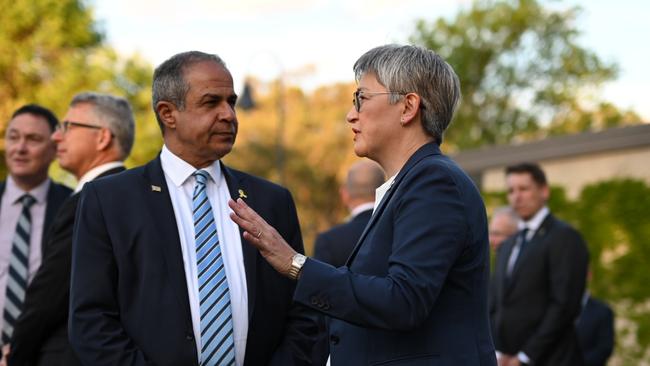
At the same time, there are renewed prospects for extending the Abraham Accords and resolving the Gaza conflict. Ambitious cross-regional co-operation projects, such as the India-Middle East-Europe Economic Corridor, connecting Asia and the Middle East, offer a glimpse of a potential way forward for the region.
Yet substantial risks remain. A continued weakening of US influence in the Middle East amid intensifying competition will play out not only in Riyadh but in Taipei. The war is about much more than Palestinians and Israelis. Developments in the region influence global security dynamics, energy markets and technological advancements.
These developments demand a more forward-thinking and strategic approach from Australia. We should be clear in our support for Israel, fostering co-operation, particularly through technological and energy partnerships in the Middle East. This approach can help rebuild and support the plight of civilians in Gaza, Sderot, Beirut, and Damascus, reinforcing regional stability and strengthening Australia’s strategic resilience.
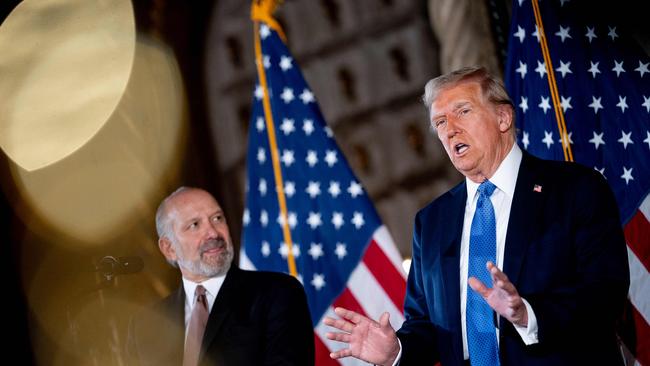
Clear positioning is needed to help democracies withstand the corrosive effects of disinformation being leveraged by others, including Russia and China.
Rather than showing a lack of leadership by remaining on the sidelines or adopting positions that benefit no one, Australia has an opportunity to play a constructive role in shaping a region in flux as well as work with Israel in the broader Indo-Pacific.
Four examples come to mind. There’s the opportunity for Israel and Australia, together with key partners such as the UAE, Japan, and Singapore, to support ocean economic opportunities from the Pacific Islands to the Indian Ocean. The oceans could be an arena for remarkable co-operation in areas such as renewable energy production, maritime biotechnology, subsea mining, underwater drones, and marine-derived pharmaceuticals.
Second, given Israel’s start-up and tech strengths we should advance a tech (cyber, AI) ecosystem between Israel, the US, Japan, Australia and New Zealand, as well as South Korea and Singapore, with co-ordination and infrastructure based in Japan or Australia. With superpower competition increasingly focused on technology, Australia needs to up its innovation game and increase its technological competitiveness. Israel can prove a valuable ally in this sphere.
Third, Australia should leverage the legacy of former Indonesian president Abdurrahman Wahid (known as Gus Dur), who wanted to open diplomatic and trade relations with Israel, and other senior Indonesians to undermine Islamist extremists and work together to promote a Palestinian culture and leadership conducive to a negotiated genuinely peaceful two-state outcome and build support for it in forums such as the G20. That will be a priority of new President Prabowo Subianto, with a gradual upgrading of ties with Israel a mechanism for advancing that objective.
Finally, Israel and Australia can co-operate more in the Pacific Islands, a region that’s rising in geopolitical importance, and where Israel has contributed capacity building and technology, as Australia is also doing.
The growth of evangelical churches in the Pacific encourages solidarity with Israel. Many Melanesians believe they’re descended from the lost tribes of Israel. Nauru recognised Jerusalem as Israel’s capital in 2019 and PNG moved its embassy to Jerusalem last year.
Fiji has a long tradition of sending peacekeepers across the Middle East. The islands can be relied upon for UN lawfare engagement: they have adopted what was previously the Australian position in regularly voting to support Israel in the UN on matters relating to Israel and Palestine.
A proactive approach to the Middle East by Australia will contribute to a stable, strategically aligned future, both regionally and globally. From Gaza to Tel Aviv, from Damascus to Abu Dhabi, the region needs real partners and real solutions.
Australia’s current position of hostility to Israel risks making it irrelevant to all. But the stakes are too high for shortsighted political posturing. The truth is, Australia’s so-called “progressive” support for the Palestinians will not alleviate the suffering in Gaza, nor will it be taken seriously by regional powers like Egypt, Jordan, and Saudi Arabia, which prioritise stability over empty rhetoric. In effect, this policy signals Australia’s retreat from a region in which it has been actively engaged since World War I.
Bipartisan support for Israel has eroded under Labor – a remarkable shift seemingly driven by narrow domestic considerations rather than strategic imperatives. Australia must recalibrate its position in line with the US, the evolving realities of the Middle East, and its own long-term interests.
This repositioning should aim to strengthen the foundations of democracy, not allow domestic sectarian interests to dictate foreign policy. Australia has the potential to play a constructive role in the Middle East, including aiding the Palestinians and promoting regional stability. This can only be achieved by working with Israel, not against it.
Gedaliah Afterman is head of the Asia policy program at the Abba Eban Institute for Diplomacy and Foreign Relations at Reichman University. Anthony Bergin is a senior fellow at Strategic Analysis Australia.

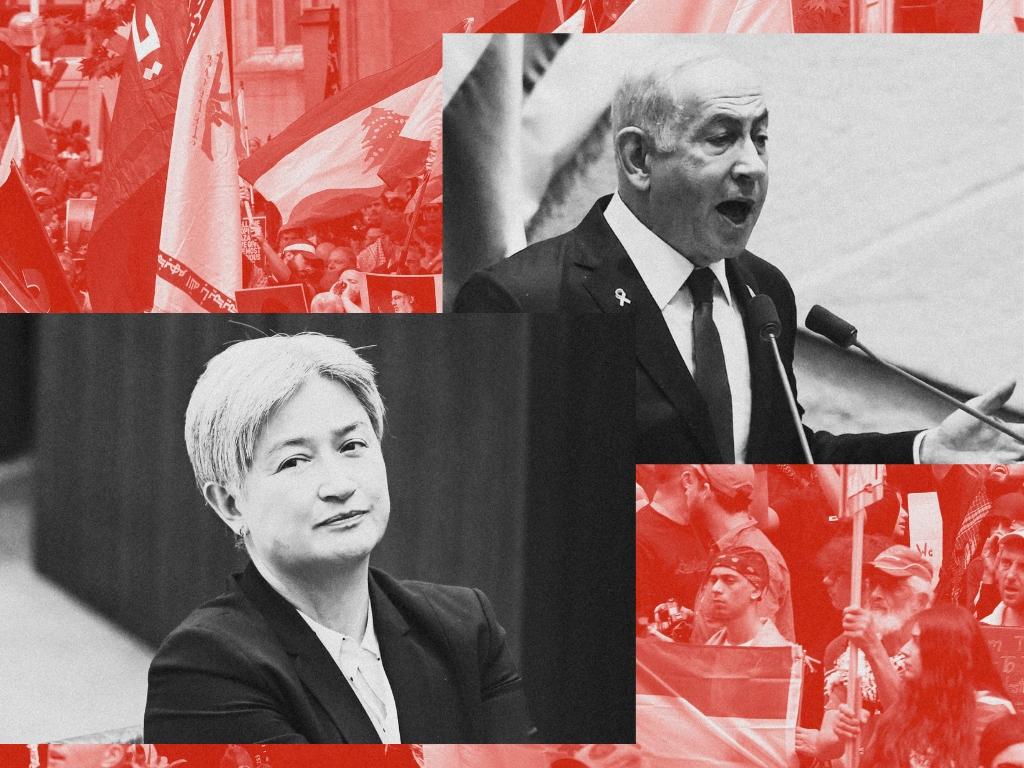
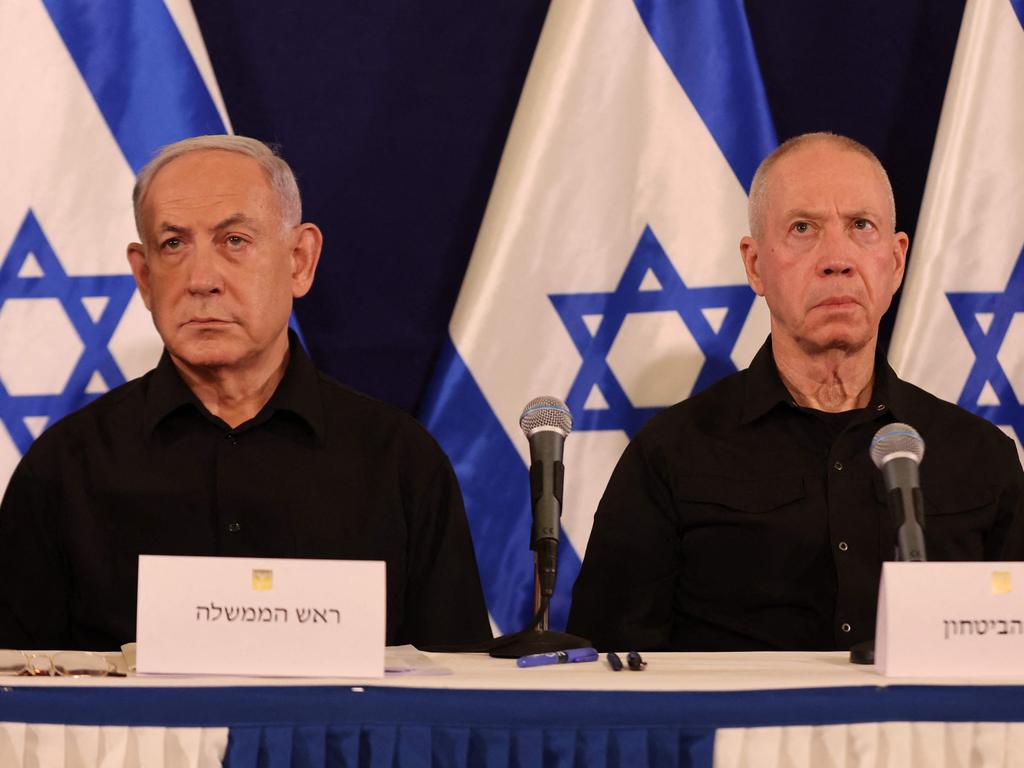
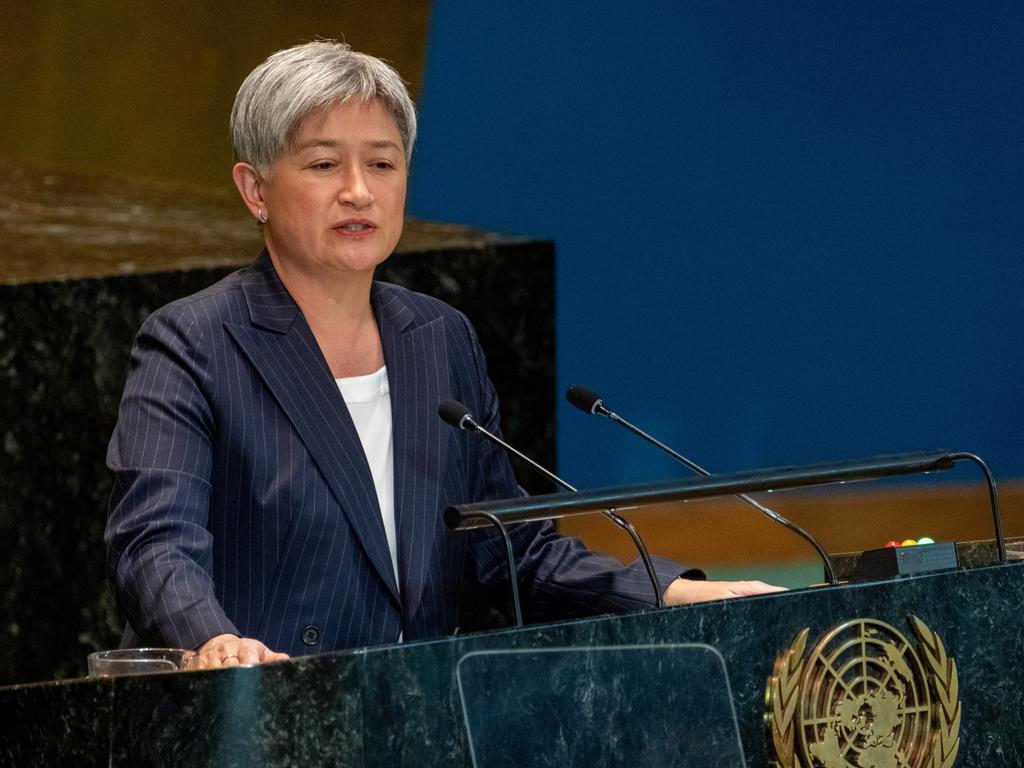



The Middle East is experiencing game-changing developments with consequences that extend well beyond the region. Intensifying superpower competition, China’s expanding presence, and the return of Donald Trump to the White House are redefining global power dynamics. The fall of the Assad regime in Syria, and the substantial weakening of Hezbollah and Iran, illustrate this transformation. The regional balance is shifting in Israel’s favour.